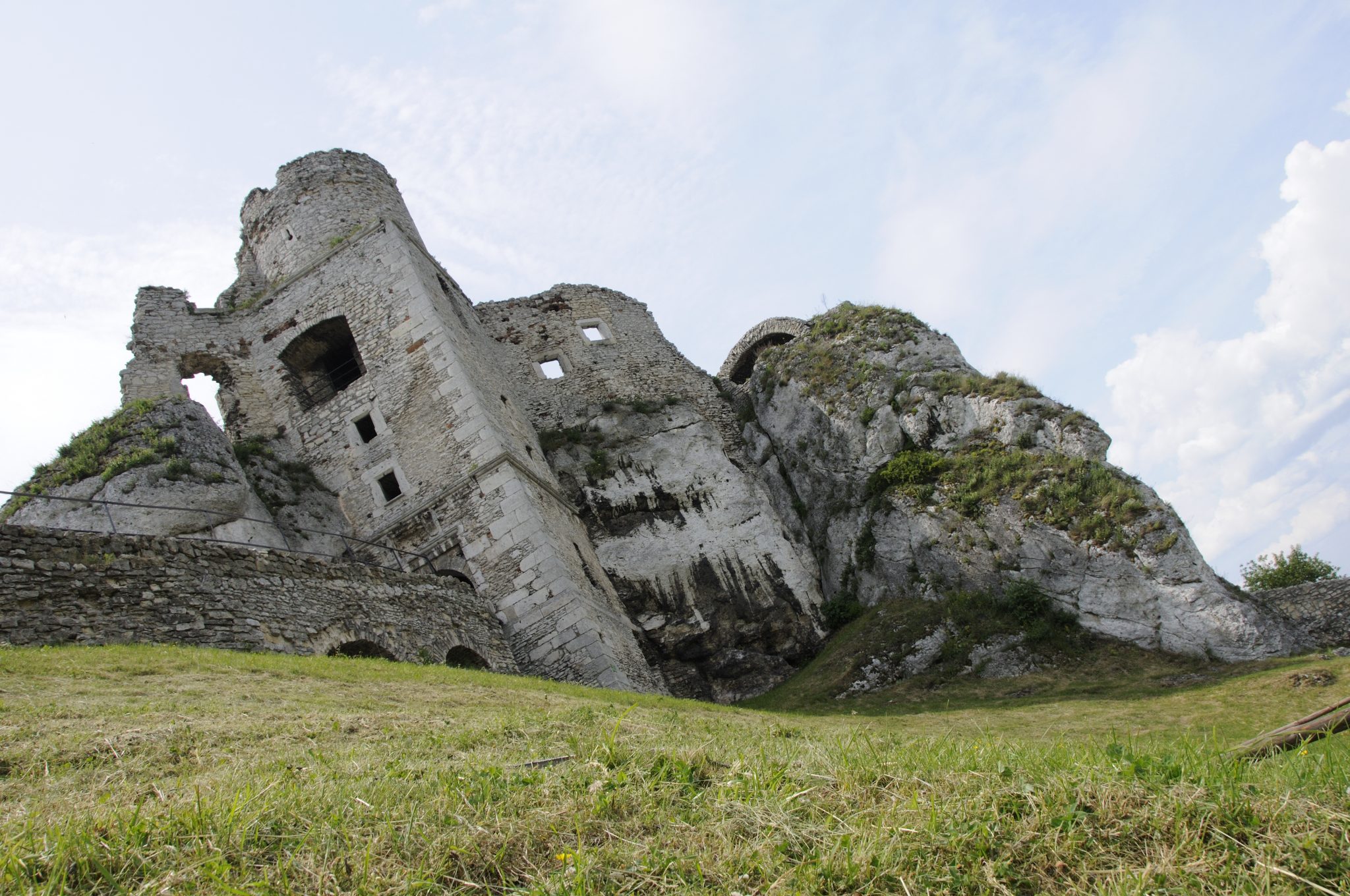I found out a while ago that majority of my blog visits for the past two weeks were gone into nothing. Visitors from organic searches and linked sites were given a .gz compressed file download instead of a functional blog webpage. I am pretty sure this is not a wordpress blog core issue or something. I don’t know what to feel but the search engine rank of my blog post, especially, review posts turned into a useless piece of junk. I am really unaware of this problem until I tried visiting my own blog page in a different browser. Some page works fine but when I reloaded, the site downloads a .gz compressed file! Later on, I checked out my monitoring service and yes! Hundreds of visitors stayed on my blog for only 10 seconds. The issue seemed to persist only with desktop users who use Google Chrome (or any Chrome based browser). Unfortunately, most of my visitors are desktop/PC users. I terribly lost them all. This is so embarrassing since I write original and informative content. There’s no way for my blog to be glimpse that fast. Obviously, there is something wrong in my blog setup. If you are experiencing the same issue as mine, this post might be useful for you.
WordPress .GZ Compressed File Culprit
There are some fixes (or reasons) that could be found over forums over the internet why a wordpress blog gives a compressed file download instead of a webpage. One of the reasons is a redundant use of compression techniques. For example, if you are using a plugin that compresses or minifies the whole blog (css, javascript, html), make sure it is the only one performing the task. Or else, the plugins will interfere with each other. Also, check the control panel of your website with your hosting provider (a CPanel in my case) if an optimizing tool or compression tool is currently activated on your account. You may want to turn it off or leave it as is and delete the plugin you are using. This is a personal preference and check it yourself if one performs well above the other. If your blog is Cloudflare activated, there is a feature in Cloudflare caching that minifies html, css, and javascript files. Make sure that only one of this is activated in your blog. If you opt to use the Cloudflare feature, disable or delete the tool/plugin in your website. Caching plugins, especially WP-Supercache has a known issue about sending a compressed file download instead of a webpage. This issue does not occur on all wordpress installations but it may be the one causing the WordPress .GZ Compressed file download.
Troubleshooting
WP-Super Cache works fine for my blog/s in the past. But when I transferred to a new host, problems started to appear. Page loads are noticeably slower and doesn’t have any huge improvement above a plain webpage that calls functions and database queries. I suspected this is the plugin causing the issue. So I deactivated it.
I also deactivated a plugin that removes query strings from static resources. Yes, this stuff improves Google PageSpeed, GTmetrix, Webpagespeedtest and Pingdom scores but I hardly feel the effect in a typical browsing scenario. I am not into this stuff since I am no programmer or a person who studied website development but I strive to make scores higher in the hope that my blog will be better. I had spent weeks testing different plugins to make it possible. But trust me, it is not that important. If your blog loads well and pretty fast, there is nothing to worry about. Don’t spend hours tweaking your blog page. Rather, focus on content. Trust me, it is not worth it. Especially, if your blog is just a personal blog that has few to hundred visitors a day. Improving the performance of a website is a great idea but only very active sites need this. Also, if you are like me, you will only get a headache once something did not turn out well. It is not worth it for stressing yourself.
Conclusion
So, what’s the outcome of my investigation? WP-Super Cache is somewhat having issues on my current host. Disabling it does not do any change but when I uninstalled it, everything now works fine. There is no “WordPress .GZ compressed file” nightmare anymore. Technically, I do not need a caching plugin as of now since my host is pretty happy to serve my visitors. As you can notice, this blog is not the kind of blog that gets huge traffic at a time. This is only a personal blog. So, a shared host is appropriate in this scenario without using any caching plugin.
What I did to compensate for the points I’d lost on removing the plugins is that I activated the minify feature in Cloudflare. That way, visitors will be served a minified version of the blog page and reduce file requests.
